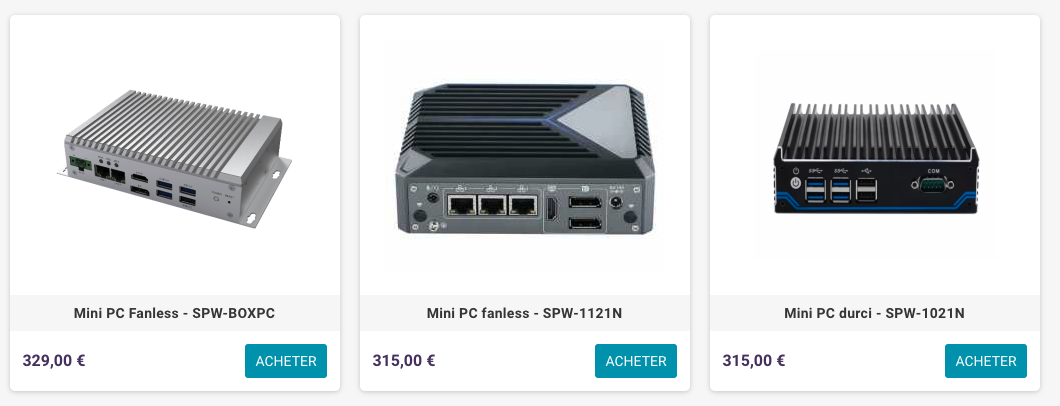Definition of RS232
RS-232 was first introduced in the 1960s as a serial communications protocol. This standard, originally designed for connections between teletypewriters and modems, has been widely used for serial communications between computer equipment such as computers, printers, and other peripherals.
RS-232 was created by the Electronic Industries Association (EIA) and has been drafted several times over the years to improve its compatibility with other standards and to meet the increasing demands of contemporary electronic equipment. The various versions of the standard have changed the voltage levels and connector characteristics to bring them more into line with international standards.

Although RS-232 has been largely replaced by more modern interfaces such as USB in personal computers, it remains widely used in industry due to its simplicity and robustness. It is commonly used to program programmable logic controllers, variable frequency drives, and numerical control equipment.
Main applications of RS232
RS-232 uses a series of binary signals to enable communication between devices. The signals are characterized by specific voltage levels, and communication can occur over distances of up to 15 meters, using suitable equipment.
The RS232 protocol finds its applications in various sectors such as industrial automation, security systems, building management systems ( BMS ) and more. In industrial automation, for example, it is used in machine control, data acquisition, and other industrial applications. RS232 is used to connect control and monitoring equipment.
Differences between RS485, RS422 and RS232
RS485, RS422, and RS232 are all used for serial communication, but they differ in capabilities and applications. RS232 is ideal for short distance communications And supports point-to-point communication. RS422 improves on this by allowing longer distance communications and supporting limited multi-drop configurations. RS485 is the most flexible of the three, supporting multi-drop configurations over long distances and allowing many devices to communicate on a single bus network, making it the preferred choice for complex industrial systems.

Essential products compatible with RS232
To integrate RS232 into your system, several product options are available, tailored to various specific needs and requirements:
Rugged Mini PCs
These computers are designed to withstand the extreme conditions often encountered in industrial environments. They can be equipped with RS232 ports, ensuring reliable and secure communication.
SEE MINI PCs
4G and 5G industrial routers

These routers enable remote connection of RS232 devices via mobile networks, providing increased flexibility and expandability for communication systems.
VIEW ROUTERS
IoT Converters and Gateways

These devices act as intermediaries to convert RS232 signals into other more modern protocols such as Ethernet, making the data accessible and manageable through IoT platforms.
VIEW RS232 CONVERTERS


